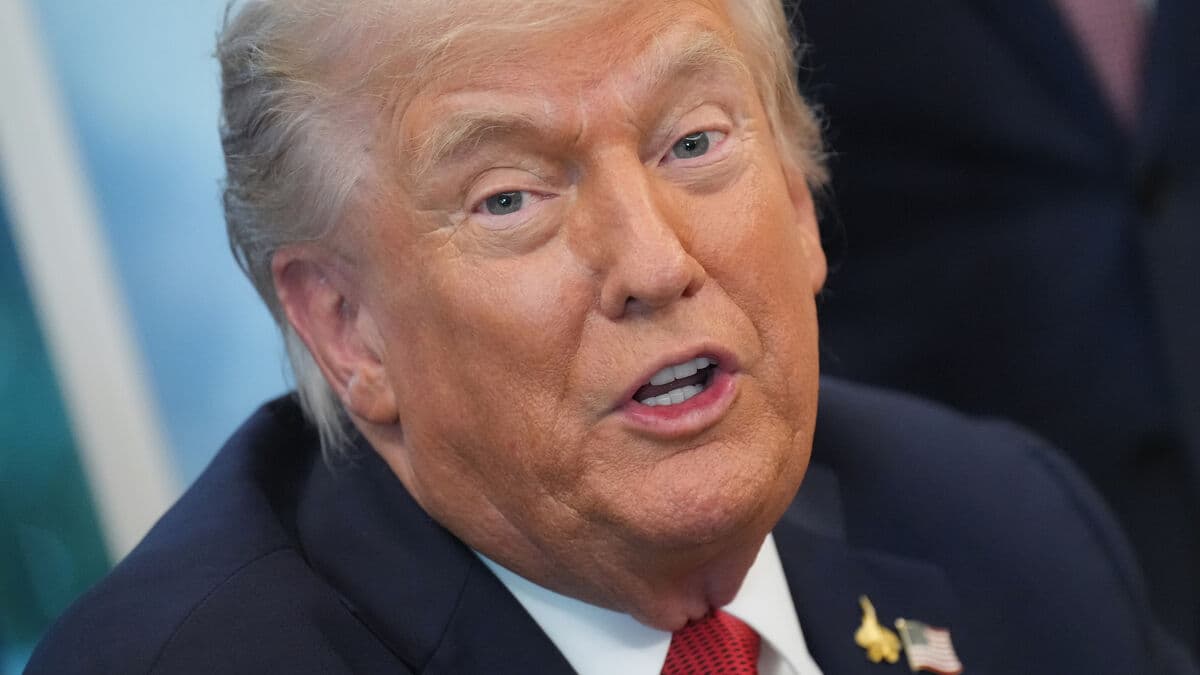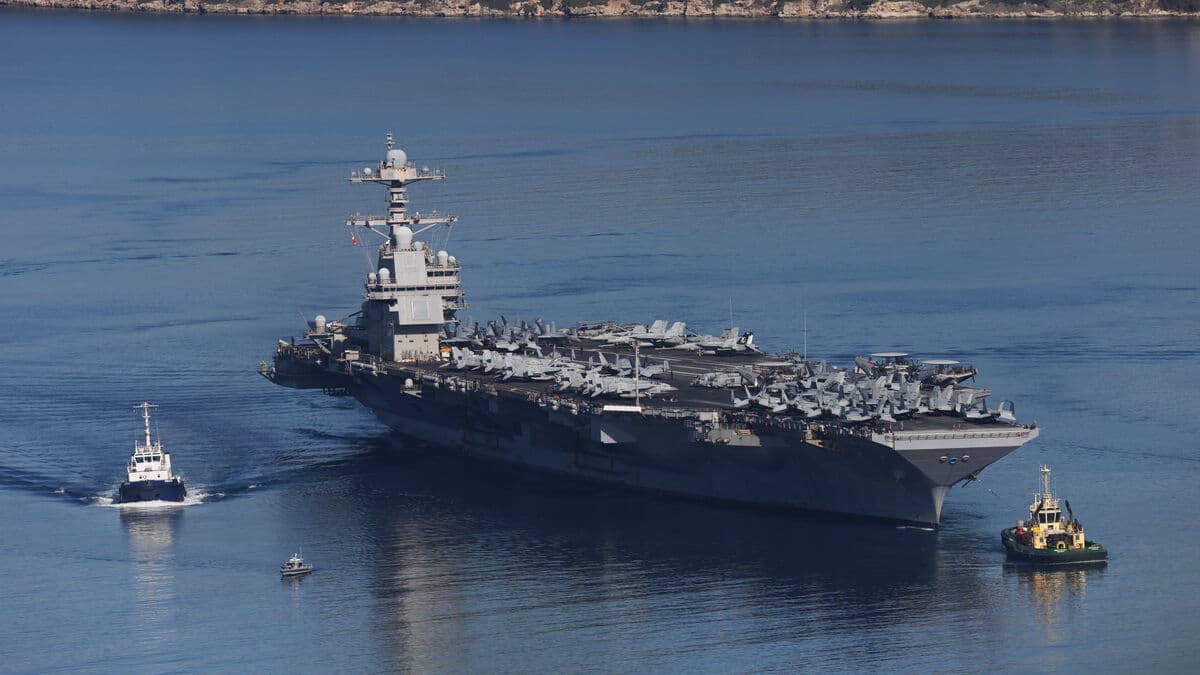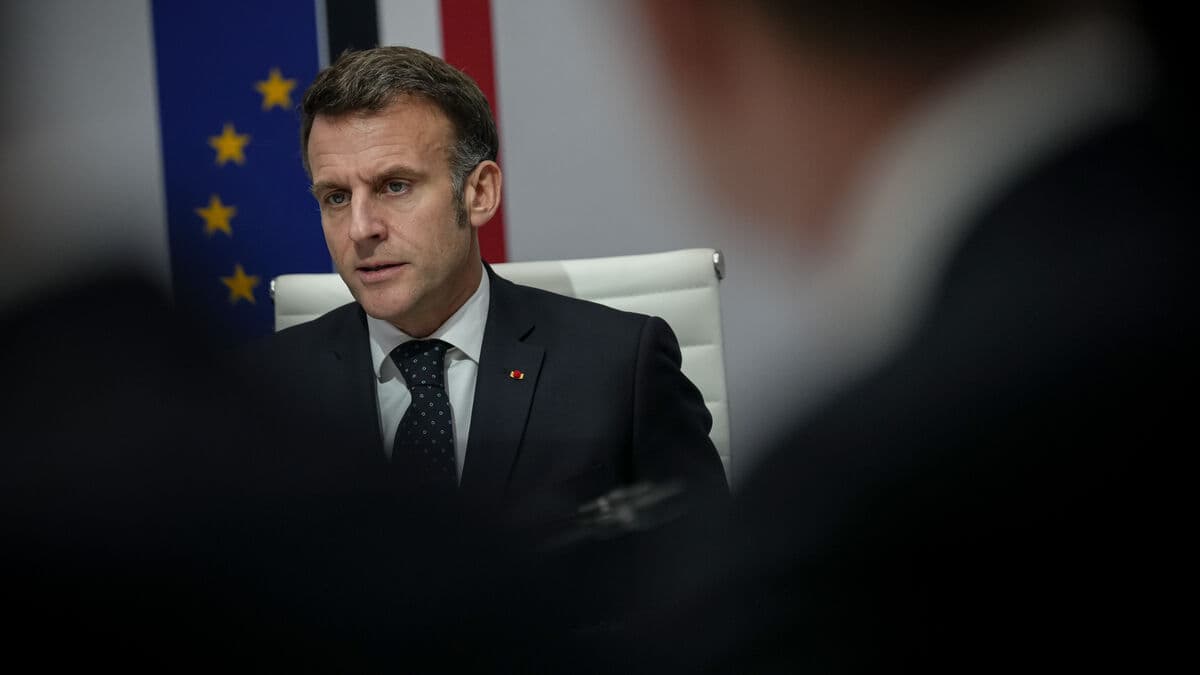The light was dimmed and the audience's attention was completely focused on the American in the podium. Standing in front of hundreds of state and government leaders in the UN General Assembly, Donald Trump presented the text that he was a peacemaker.
I have ended seven wars, he claimed and gave a kick to the UN for not even trying to help.
The claim is controversial. In several cases, it is about ceasefire, and it can be questioned in several cases whether it is about real wars that have been ended and lasting peace that has been created. But for Trump, it was likely important to once again get out his message against the Norwegian Nobel Committee, which will announce who will be this year's Nobel Peace Prize winner on Friday.
Brotherly love?
Nina Græger, expert on international politics and professor – whose list of Nobel Peace Prize candidates 2025 includes organizations working for freedom of the press and expression, democracy and human rights, international law, women's rights, and the civilian population of war-torn Sudan – notes that the criticism of the UN does not strengthen Donald Trump's chances. Alfred Nobel's will stipulates that the Peace Prize should go to those who "have done the most or best work for the fraternity between nations and the abolition or reduction of standing armies and the spreading of peace congresses."
It is unlikely that he will meet the requirements. He has withdrawn the United States from the World Health Organization (WHO), the Paris Agreement (on the climate), started trade wars against several allies, and said that he wants to take Greenland from Denmark, she notes.
It is not an action that strengthens international cooperation.
Has blown life
But Græger believes that the US president deserves recognition for having tried to blow life into the negotiations between Russia and Ukraine, as well as for his staff working on the peace agreement between Israel and Hamas, which the parties have just agreed to in the Egyptian negotiations. Creating a sustainable and fair peace that ends the Gaza War will, however, take time, she notes.
Plus, Donald Trump has openly lobbied for the prize, including through a conversation with Norway's Finance Minister Jens Stoltenberg in August, when he also brought up the issue of tariffs. Græger calls the behavior "unusual".
It raises questions about Trump, contrary to the spirit of the Nobel Prize, trying to exert economic or political pressure on the Norwegian government – which cannot influence the independent Nobel Committee's decision, she says.
Wrong signal effect?
Græger's views are shared by several Oslo residents who TT meets outside Nobel's Peace Center at Akers Brygge. Some say that the president is worth a Nobel Prize if the wars in Gaza and Ukraine are ended, but that has not happened yet. Others laugh when Trump's name is mentioned.
No. He should get the prize for being untruthful. Or maybe the prize for dishonesty, thinks the teacher Arne Nordbø.
His colleague Luna Brodersen, who was born in Denmark and has followed the developments around Greenland, says she is worried that a disappointed Trump might try to annex Svalbard.
But I don't know if he has enough knowledge of geography, she laughs.
Sigurd Syrdal, who works in the financial sector, does not think Svalbard is threatened – but he does not tip for any Nobel Peace Prize for Trump either.
It would be a wrong signal effect from the Nobel Committee.
US President Donald Trump has been nominated for the Nobel Peace Prize by several leaders of countries, including Israel's Benjamin Netanyahu and Azerbaijan's Ilham Aliyev.
Trump says that he has managed to negotiate a peace through diplomacy in seven different wars. In reality, he has only managed to achieve a ceasefire in several of the conflicts.
The seven wars are:
Between Cambodia and Thailand.
Between Kosovo and Serbia.
Between the Democratic Republic of the Congo and Rwanda.
Between Pakistan and India.
Between Israel and Iran.
Between Egypt and Ethiopia.
Between Armenia and Azerbaijan.
Source: The White House, American media






